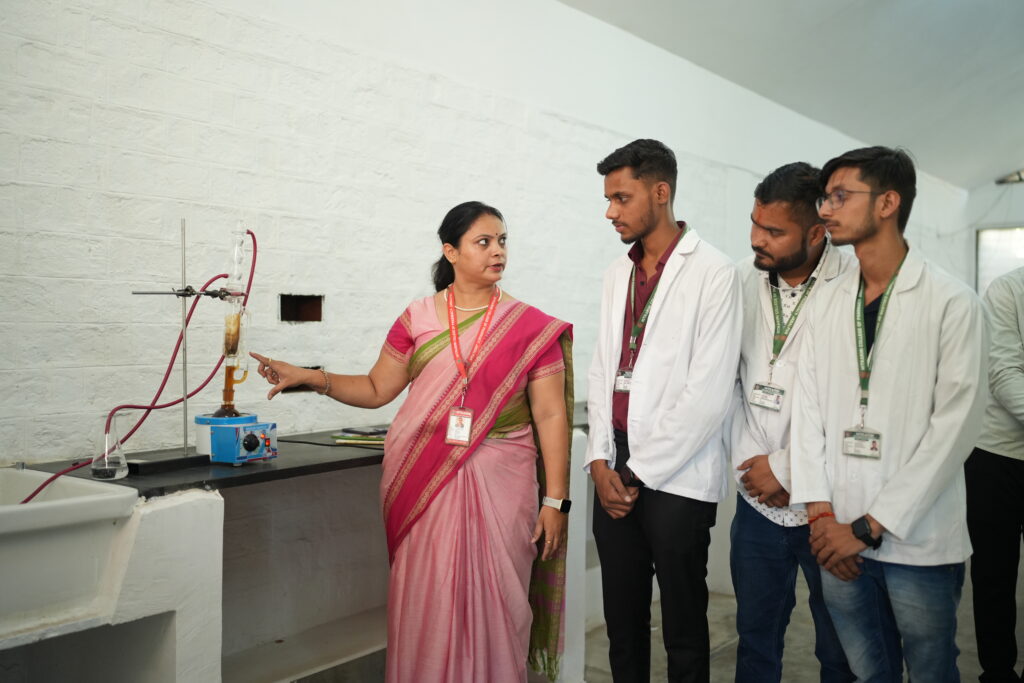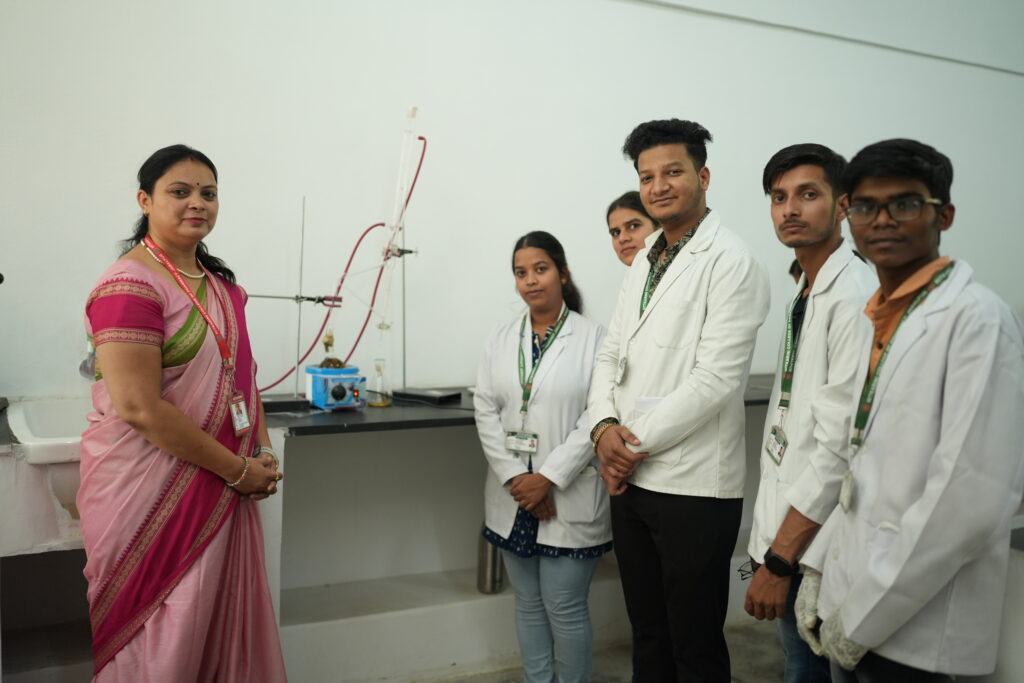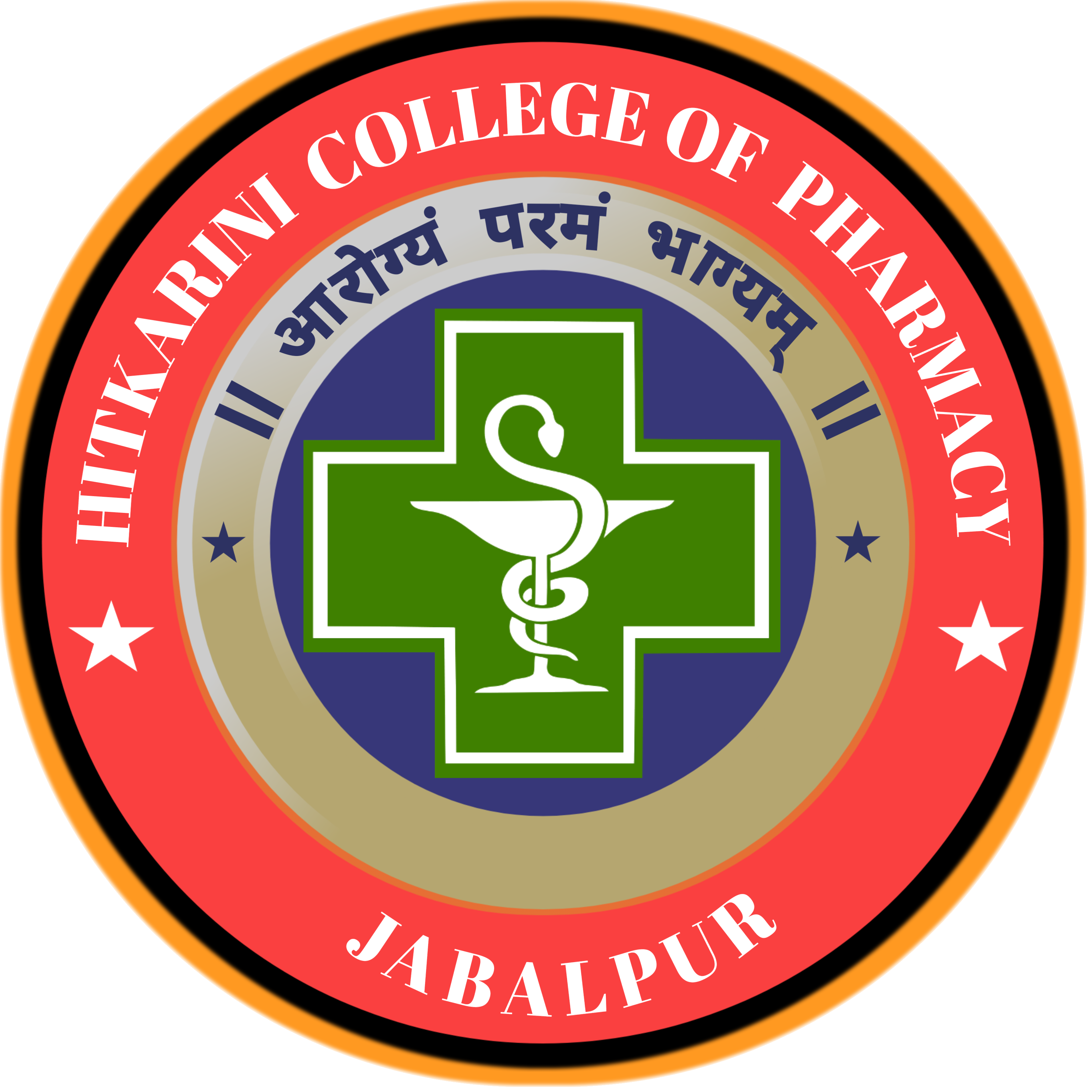BIOCHEMISTRY
Biochemistry is the branch of science that studies the chemical processes and substances that occur within living organisms. It combines biology and chemistry to understand molecular mechanisms involved in metabolism, genetics, and cellular functions.
Key Topics in Biochemistry:
1. Biomolecules:
• Carbohydrates: Structure, types, and metabolism (glycolysis, gluconeogenesis).
• Proteins: Amino acids, structure, and enzymatic functions.
• Lipids: Fatty acids, triglycerides, and lipid metabolism.
• Nucleic Acids: DNA, RNA, and their roles in genetics.
2. Enzymology:
• Enzyme structure, function, and kinetics.
• Factors affecting enzyme activity.
• Role of coenzymes and cofactors.
3. Metabolism and Bioenergetics:
• ATP production and energy cycles.
• Metabolic pathways: Glycolysis, Krebs cycle, oxidative phosphorylation.
• Lipid and protein metabolism.
4. Molecular Biology:
• DNA replication, transcription, and translation.
• Genetic code and protein synthesis.
• Recombinant DNA technology and genetic engineering.
5. Clinical Biochemistry:
• Blood chemistry and diagnostic markers.
• Hormones and their biochemical functions.
• Biochemical basis of diseases like diabetes and cancer.



